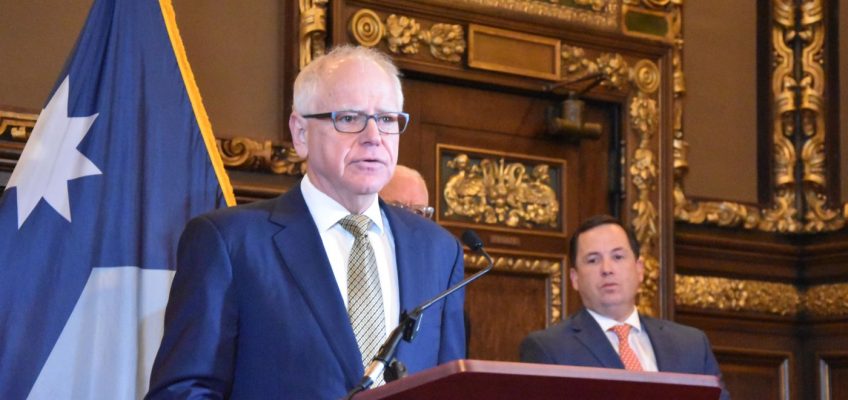Travelers who wish to enter Canada through remote areas of northern Minnesota will soon be required to report to designated telephone reporting sites.
The Canada Border Services Agency announced Friday that it is ending its Remote Area Border Crossing permit program as of Sept. 14, 2026.
The permits, issued on an annual basis, allowed preapproved U.S. and Canadian residents to cross the border without stopping at a customs checkpoint while traversing backwoods areas such as the Boundary Waters Canoe Area Wilderness and Quetico Provincial Park.
The permits program has been in limbo for several years. First, it was suspended during the COVID-19 pandemic, when all nonessential travel was halted between the two countries. And then Canadian officials initiated a pause on applications in September 2024 while initiating a formal review of the program.
The agency said in a statement Friday that it “operates in a constantly evolving environment and regularly evaluates programs and operations to ensure a strong and efficient border.”
Active permits, which were set to expire Dec. 31, will be automatically extended to Sept. 14 in order “to ensure a smooth transition.” After that, travelers hoping to cross remote lakes and rivers to fish, camp, hike, snowmobile or partake in other activities will be required to visit a port of entry or a new telephone reporting site.
“It is a measure that will also more closely align with how travelers report to U.S. Customs and Border Protection when entering the U.S. in remote areas,” Canadian border officials said in the statement.
Impacted areas include the Lake Superior shore, waterways through to and including Lake of the Woods, and the Northwest Angle. The Sault Ste. Marie upper lock system and Cockburn Island, on the Michigan-Ontario border, are also impacted.
The uncertain future of the program has been a concern for small businesses, such as northern Minnesota outfitters, which rely on RABC permits to take clients across the border, as well as cabin owners who frequently cross in remote locations.
U.S. Rep. Pete Stauber, R-Hermantown, in January took Canadian officials to task for what he called “inconsistent and contradictory information which has only confused the public.”
Some of the current staffed border crossings in Northern Minnesota area at Roseau, Warroad, Baudette, International Falls and Grand Portage in Minnesota.
Related Articles
154 acres of former 3M Wonewok corporate retreat sell for $4 million
He left a smoldering campfire to buy fishing supplies, igniting the Camp House Fire
Letters: Rage rear-ended by hope in the middle of a St. Paul intersection
After helium discovery, hunt for Minnesota hydrogen ramps up
Minnesota county pays $3.25M to settle sisters’ civil rights suit
The Border Services Agency said new telephone sites will be added to serve the areas currently covered by remote permits. It remains unclear how many sites will be established, and where.
Those decisions will be made “in the coming months in consultation with Indigenous communities, local businesses and law enforcement partners,” the agency said.




